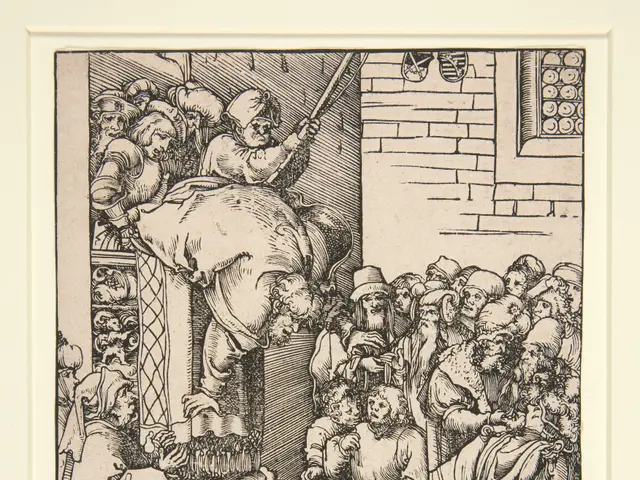The Impact of Energy Drinks on Cardiac Muscles
In a recent study published by Dr. Ivan Rusyn and Texas A&M University researchers, the implications of energy drinks on heart health have once again come under scrutiny. This study confirms the findings of a 2017 study by Emily A. Fletcher, suggesting that ingredients other than caffeine and sugar may be causing harm in these popular beverages.
The study involved 18 subjects who were randomly assigned to two groups. Each group was given a drink to consume. One group was given a popular energy drink containing 108g of sugar, 320mg of caffeine, and other compounds. The other group received a drink with the same amount of caffeine, but with additional lime juice, cherry syrup, and carbonated water.
Results of electrocardiograms revealed that members of the energy drink group had a QT interval that was ten milliseconds higher than the control group. The QT interval is a measure of the pause between one heartbeat and the start of the next, and if this gap is too short or too long, it can produce an irregular heartbeat or arrhythmia.
The specific ingredients in energy drinks linked to heart health issues and arrhythmia include:
- Caffeine: High levels of caffeine (often 160-320 mg per serving) can significantly raise heart rate and blood pressure, potentially triggering arrhythmias like atrial fibrillation or rapid heartbeat (tachycardia).
- Taurine: An amino acid often added for its stimulant effect, taurine combined with caffeine can amplify impacts on blood pressure and heart electrical activity, possibly worsening heart rhythm abnormalities.
- Guarana extract: A natural plant-based stimulant containing caffeine that adds to the total stimulant load, contributing to cardiovascular strain and irregular heartbeat risk.
- Panax ginseng extract and other herbal stimulants: These can have complex interactions with caffeine and each other, potentially augmenting the cardiovascular effects, though their specific roles need more study.
- High sugar content: Excess sugars can increase blood pressure and contribute to long-term heart disease risks, indirectly affecting heart rhythm stability.
Regular consumption of high-sugar energy drinks sets one up for obesity, diabetes, and dental problems. Additionally, energy drinks are linked to other health problems, including kidney problems, due to theophylline increasing output of uric acid, which can build up in the kidneys and cause or worsen kidney disease.
Studies show that energy drinks are tied to an increased risk of stress, anxiety, depression, and suicidal thoughts, as well as an increased likelihood of substance abuse. Labels may not reliably disclose exact stimulant amounts, making these drinks unpredictable in their cardiac impact.
Cardiologists therefore advise caution with energy drinks due to these combined ingredients' potential to stress the heart. For natural energy-boosters, consider starting with resources like green tea, dark chocolate, or a balanced diet rich in whole foods. It's always best to consult with a healthcare provider before making any significant changes to your diet or energy-boosting habits.
- The study, published by Dr. Ivan Rusyn and Texas A&M University researchers, highlights the concern about heart health issues associated with the consumption of energy drinks, particularly those containing caffeine, taurine, guarana extract, Panax ginseng extract, and high sugar content.
- In the study, the group that consumed a popular energy drink with 108g of sugar, 320mg of caffeine, and other compounds exhibited an increased QT interval on electrocardiograms, a measure of the heart's rhythm, which could potentially lead to arrhythmia.
- To maintain heart health and overall wellness, cardiologists advocate for a balanced diet rich in whole foods, green tea, and dark chocolate as natural energy-boosters, emphasizing the importance of consulting with a healthcare provider before making significant changes to one's diet or energy-boosting habits.






